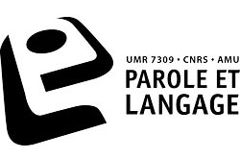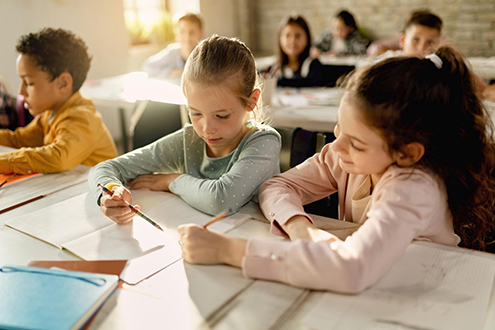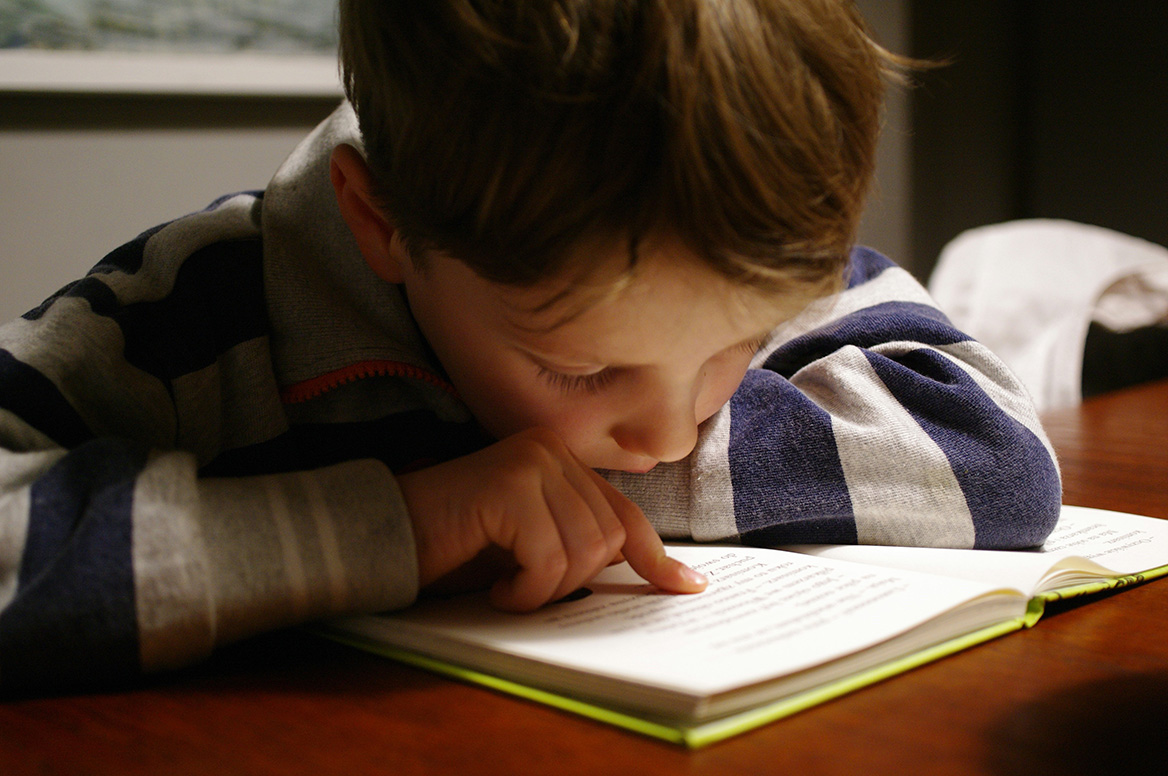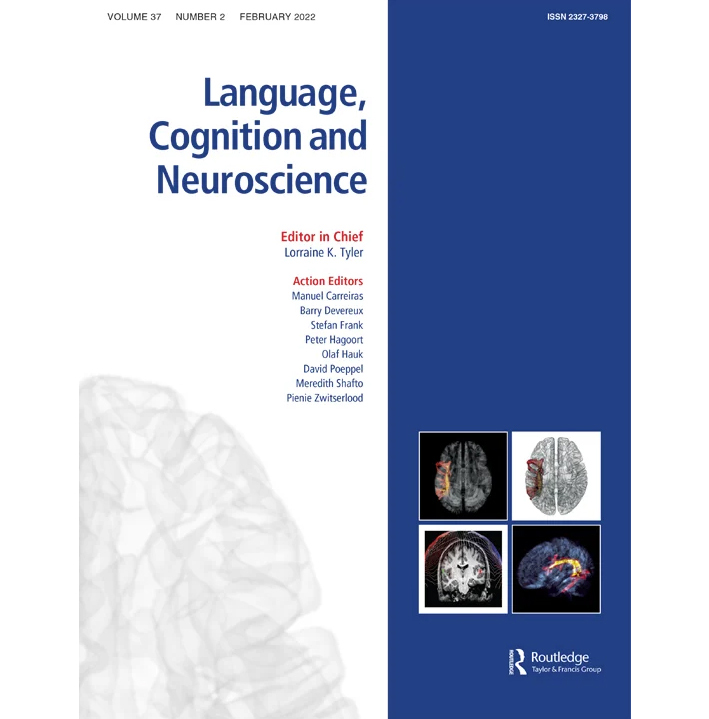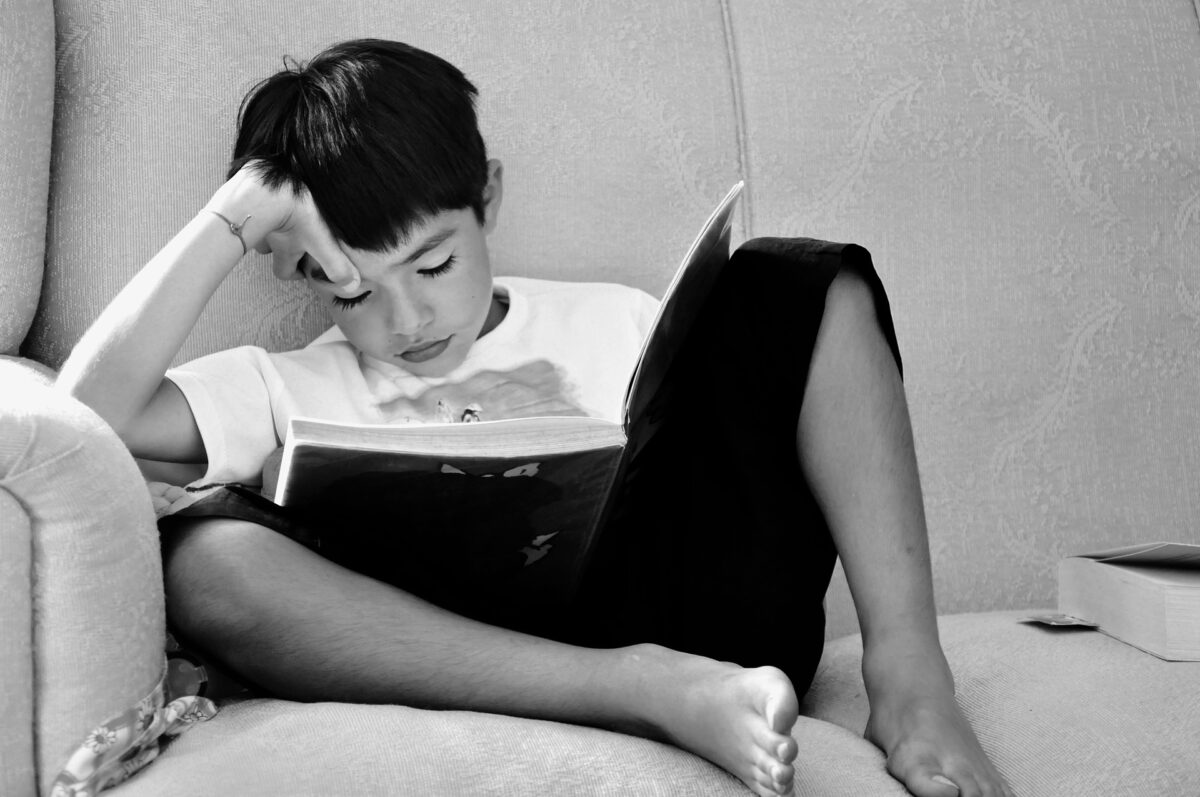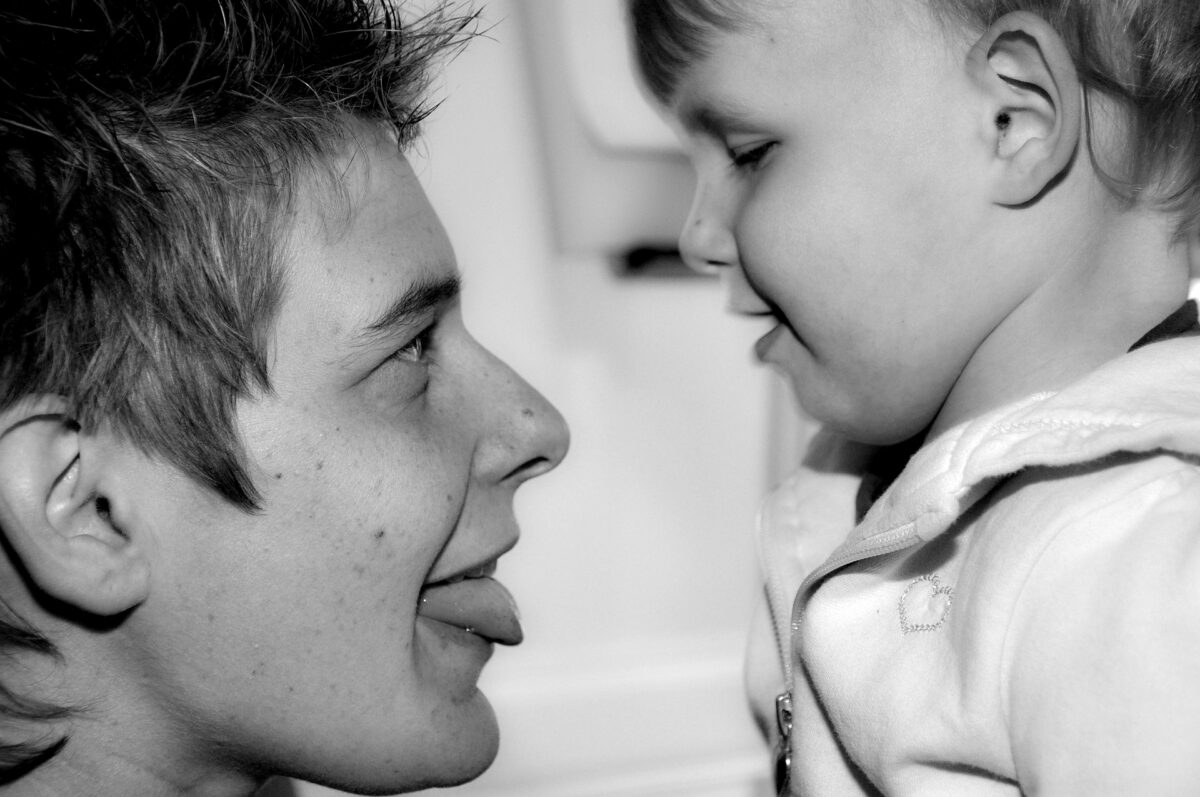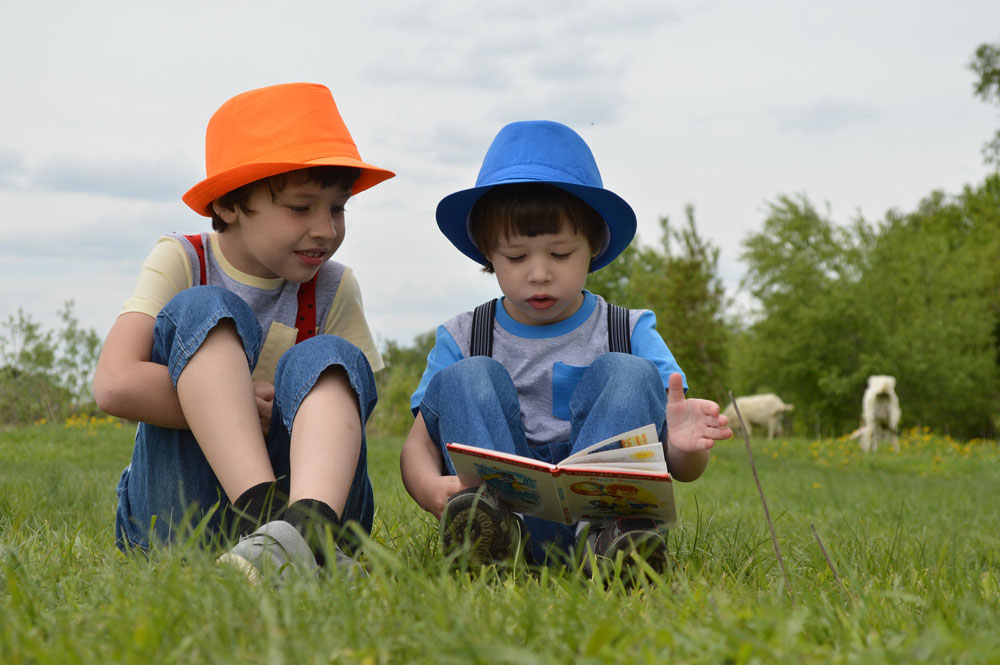We are pleased to announce the publication of the latest article by Núria Gala and Marie-Noëlle Roubaud, two AMU senior lecturers at the LPL, in collaboration with Ludivine Javourey-Drevet of the SCALab (Villeneuve d'Ascq) in the journal “Lexique”:
Reference: Núria Gala, Marie-Noëlle Roubaud, Ludivine Javourey-Drevet. La difficulté d'apprentissage du vocabulaire de spécialité à l'école: le cas des verbes opaques. Lexique, July 2024, 34. ⟨hal-04580153⟩
Full-text article (in French): https://www.peren-revues.fr/lexique/1727
Abstract:
This work has been carried out with the aim of shedding light on the lexical knowledge of middle-school learners regarding vocabulary from domain-specific texts. We analyse a series of opaque verbs (polysemous, frequent in history and science textbooks) and we draw up an assessment of the lexical knowledge of 219 children from grades 4 and 5 (aged 9 to 11) in different schools in France. We also show the strategies used by learners to respond to the proposed task of writing a sentence with a given verb out of context.
Crédits d’image : Drazen Zigic sur Freepik
